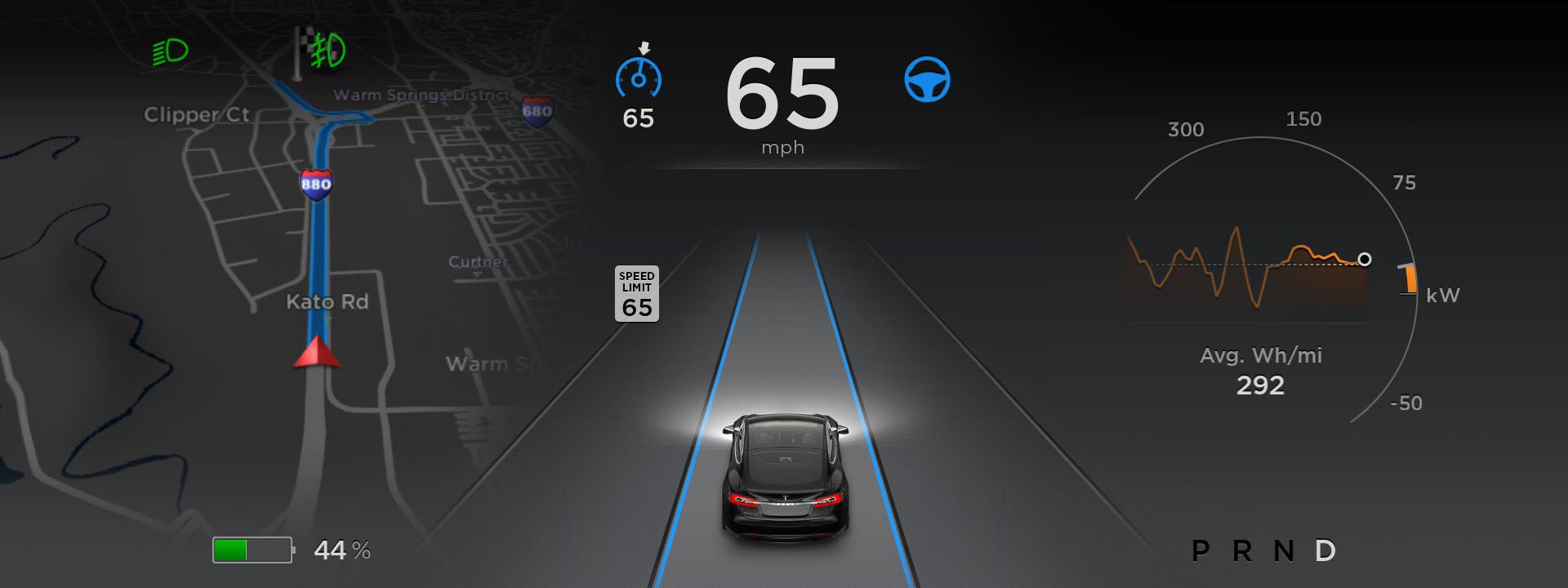Gear Up On IoT: Tesla Pulls In Front of Google + Goldman Sachs Says VR Is Bigger Than TV
Five IoT news bites to start your Thursday.
How dependable are self-driving cars? Not entirely yet. From Mercedes-Benz to Volkswagen, six carmakers reported what they called “disengagements,” when a human driver needed to take over from the car. Seven of these reports, including one from Tesla, were handed over to California’s Department of Motor Vehicles. The agency requires any company that tests self-driving cars in the state over public roads. Only Tesla noted zero instances of disengagement. Google — which reportedly has tested its self-driving technology over the most public roads — had 341 instances.
New, presumably better, audio is coming to Google Cardboard. Just one day after naming a new head to its VR division, Google says its inexpensive VR device is now supporting what’s called spatial audio — where sound appears to come from multiple sources instead of the traditional two speakers. The ability will enhance a VR experience, shaping the sound to the projected visual environment.
Sony decided to wait after CES to launch its newest IoT device, a multifunctional light. The device will reportedly be able to turn on when users come into a room, launch the television set and even work as an intercom. But whether the LED light will be coming to the U.S — and the potential retail price — is still not known. The light is launching in Japan first, sometime this year.
Biometric sensors — those that read fingerprints, iris scans and even facial characteristics — are expected to grow to a nearly $1.7 billion market by 2023. A report from Transparency Market Research says that fingerprint scans are currently the most popular use of biometrics, which can includ the use of the technology in car locks.
Finally, Goldman Sachs says virtual reality is going to be bigger than television in the next 10 years. The Wall Street bank says the VR market will grow to $110 billion — compared to TV’s expected $99 billion.
